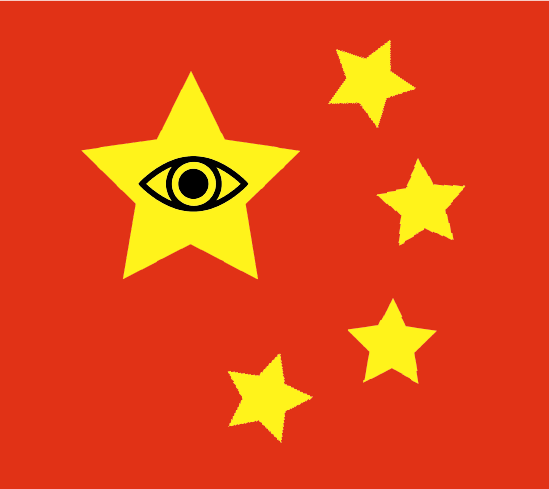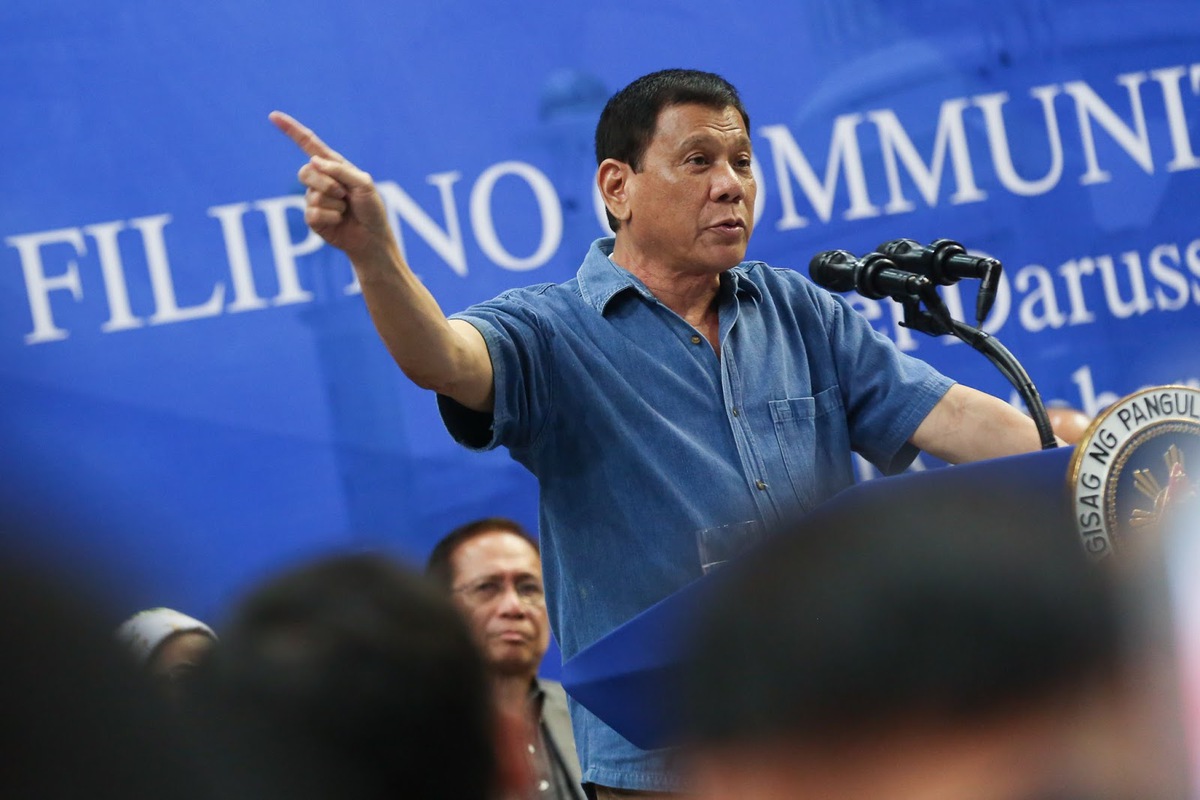Chinese telecommunications giant Huawei is at the center of another geopolitical scandal after an employee was charged with spying for the Chinese government in Poland. The company responded by promptly firing Huawei Executive Wang Weijing, who served as director of sales at the Polish branch.
Wang Weijing was charged alongside Piotr Durbajlo, former deputy director at the Internal Security Agency, Poland’s domestic counterintelligence agency. Durbajlo worked in the department of information security where he was in charge of creating cyber security systems for governments and had unrestricted security access to NATO systems.
The case has raised concerns over whether Huawei can be trusted with supplying foreign countries with telecommunication networks.
Huawei released a statement that it “complies with all applicable laws and regulations in the countries where it operates, and [it requires] every employee to abide by the laws and regulations in the countries where they are based.” However, experts concerned with Huawei’s relationship with Beijing have warned the Chinese government could pressure the company to sabotage networks, support hacks and use its equipment for spying.
Just last month, Meng Wanzhou, Huawei’s chief financial officer was arrested and faces extradition to the United States. Her father—Huawei founder and CEO Ren Zhengfei, a former engineer in the People’s Liberation army and Communist Party member since 1978—has denied accusations that Huawei might be used as a proxy for the Chinese government.
Huawei claims to have won a quarter of the world’s 5G network contracts but has also faced bans on the grounds of security risks. The company’s telecommunication technologies were banned in the U.S. after Washington deemed the network company a threat to national security.
Other members of the Five Eyes (Canada, the UK, Australia and New Zealand) are following suit. Huawei’s networks have already been banned in New Zealand and Australia while the UK is reevaluating its relationship with the company.
Gavin Williamson, defense secretary of the UK, told the British newspaper The Times, “I have grave, very deep concerns about Huawei providing the 5G network in Britain. It’s something we’d have to look at very closely.”
In response to Williamson’s statement, Ministry of National Defense spokesman Wu Qian addressed the issue at a press conference, calling the suggestions the Chinese government might compromise Huawei technologies as groundless.
Zhengfei assembled an international press conference at Huawei’s headquarters in Shenzhen, China where he adamantly denied that Huawei might spy, hack or sabotage foreign networks on behalf of Beijing. “When it comes to cyber security and privacy protection we are committed to be sided with our customers,” Zhengfei said. “We will never harm any nation or any individual.”
The company invited the media to visit its 5G and cyber-security research labs in Dongguan, Guangdong as part of its mitigation efforts as reported by BBC.






